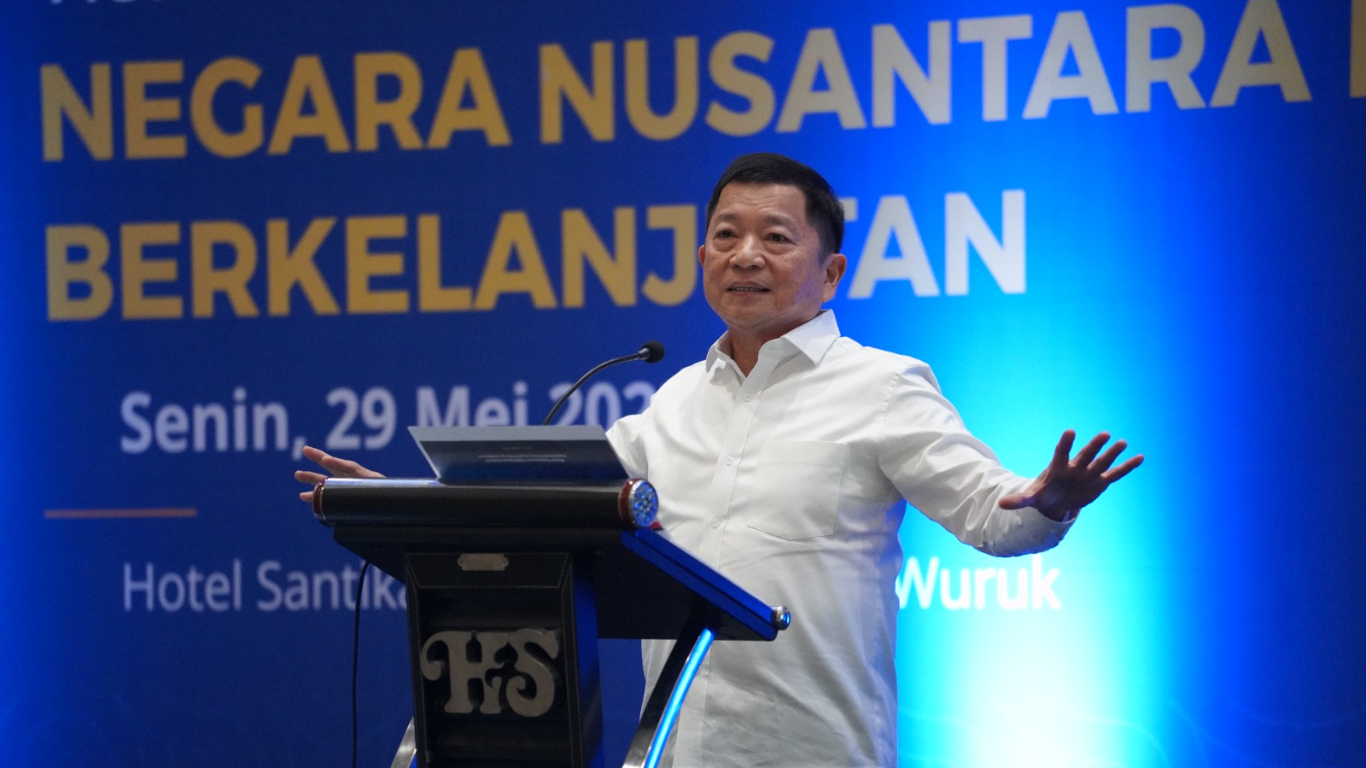Bappenas Ensures the Synergy of Central and Regional Governments Within 2025-2045 RPJPN
Prime News - Tue, 30 May 2023

The Golden Indonesia 2045 Vision can only be achieved through the effective cooperation between the central government and local governments in the matter of development.
For this reason, the Ministry of National Development Planning/Bappenas is preparing the 2025-2045 National Long-Term Development Plan (RPJPN) as a guide to Indonesia’s development planning going forward, which includes the goal of helping the country escape the middle-income trap.
“It could be that guidelines for all stakeholders in the country, either government or non-government, such as the legislative, presidential, regional bodies. Hopefully we will all unite our thinking and approaches towards development by 2024,” the Minister of National Development Planning/Head of Bappenas Suharso Monoarfa said during the ‘Indonesia 2045 Vision and the Hope of Realizing a Sovereign, Advanced, and Sustainable Archipelago’ focus group discussion between Bappenas and Kompas Daily, on Monday (29/5).
The alignment of central and regional development will help accelerate Indonesia’s growth in line with its goal to grow out of the middle-income trap before 2045. To achieve this, economic growth and the improvement of health and education quality is needed. “We hope that the Indonesian people will all be healthy, educated, and socially protected by 2045,” Minister Suharso said.
To support Indonesia’s long-term transformation, Indonesia must increase its productivity so that it is directly proportional to the improvement of human resource quality. Minister Suharso added that as one of the important factors for human resource improvement, the education sector is expected to produce highly-skilled workers that are able to sustain higher productivity.
“We know our productivity rate can be better, and we hope it will improve in the future. To do this, industrial growth must be higher than economic growth,” the Minister said.
Meanwhile, Bappenas’ Deputy of Economic Affairs Amalia Adininggar Widyasanti emphasized the importance of industrialization for high productivity, in line with efforts to shift the economic model from resource-based growth to productivity-based growth.
“Productivity is driven through science and technology and innovation, which will later be linked into industrial commercialization. Research and innovation would not comprise of both things, but will also involve the important step of commercialization by the industry. Without industrialization, Indonesia cannot grow as rapidly as it needs to,” Amalia said.
